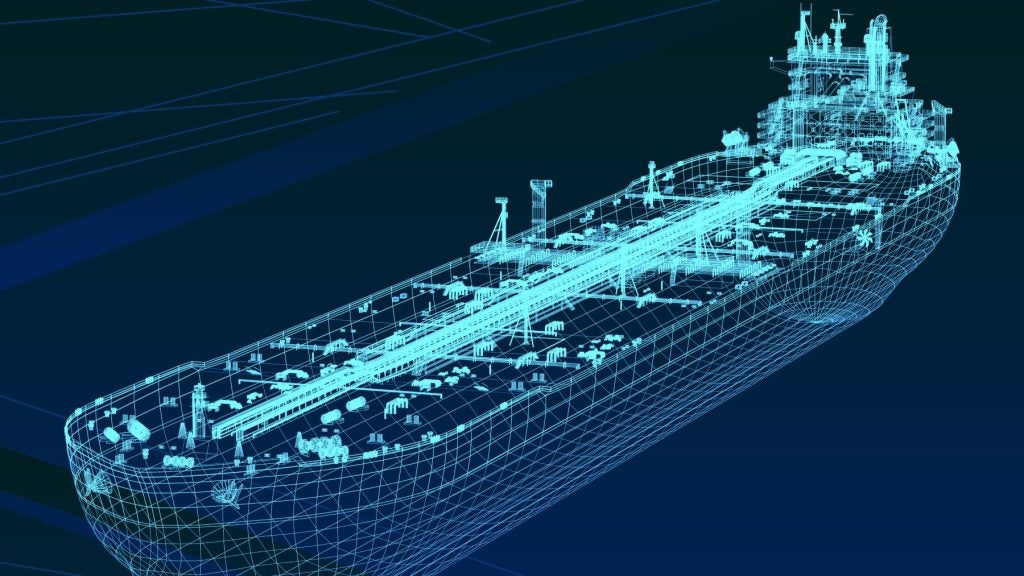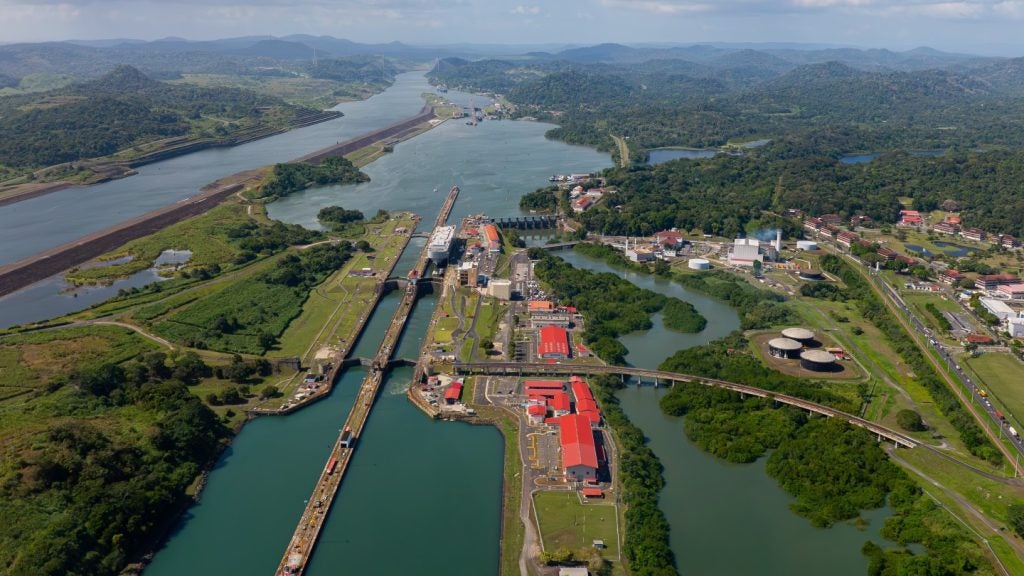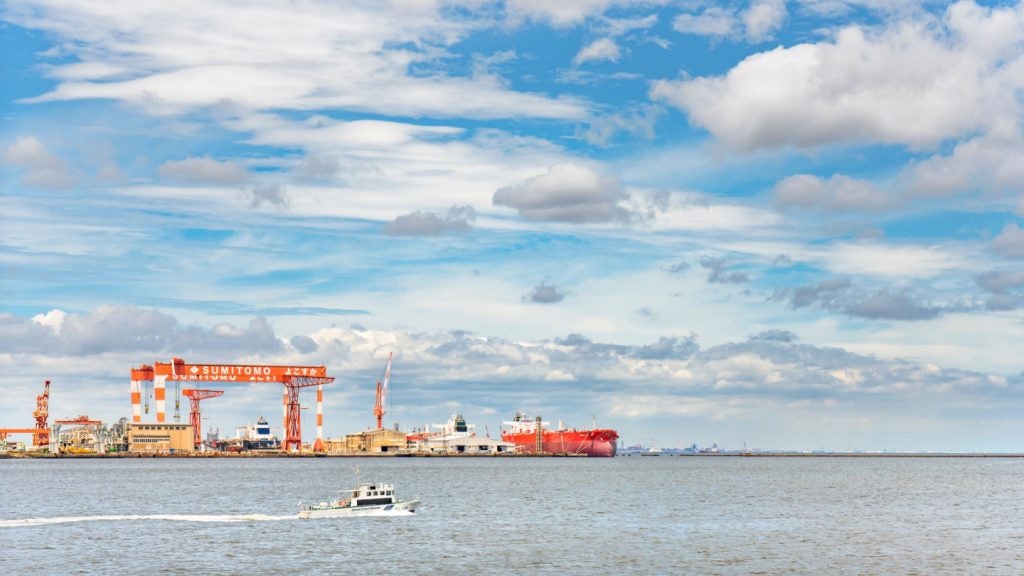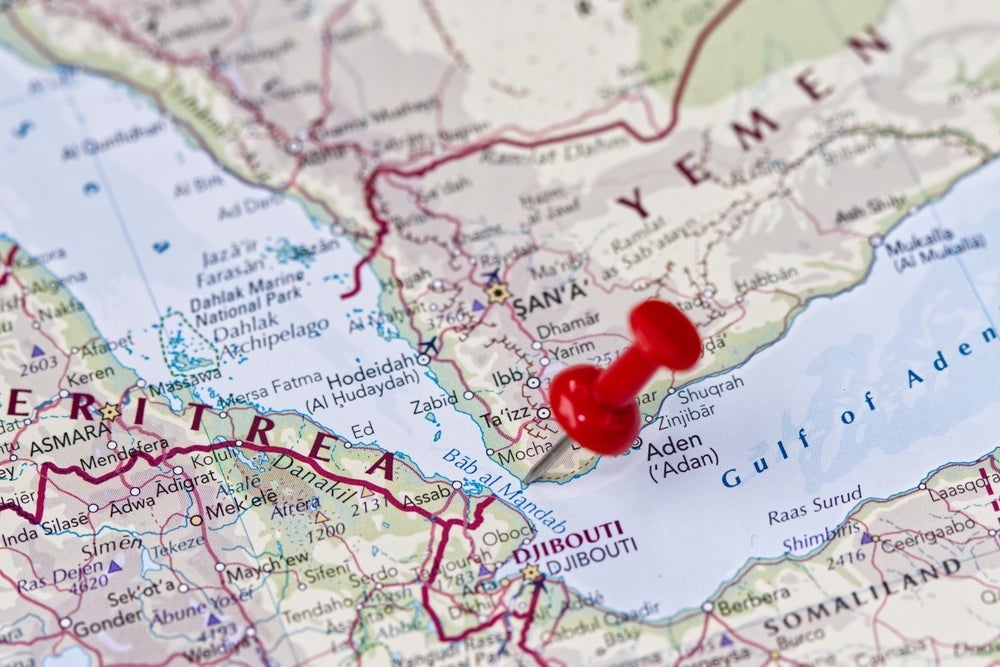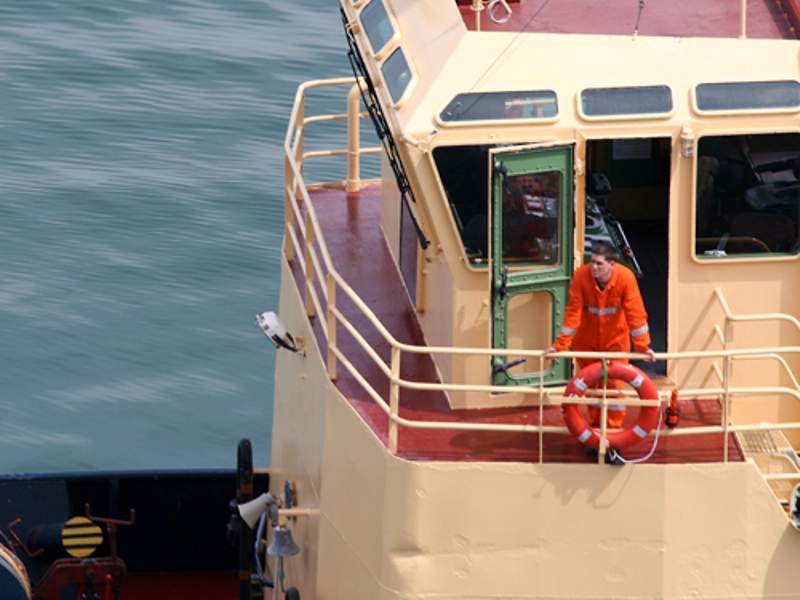
A series of amendments to the Convention on Facilitation of International Maritime Traffic (FAL Convention) that seeks to boost seafarers’ rights to shore leave have come into effect, beginning 1 January 2018.
The revised treaty is expected to allow the convention to adequately address the shipping industry’s existing and future requirements, as well as assist and expedite global maritime traffic.
International Maritime Organization’s (IMO) FAL Convention was originally adopted in 1965 and intends to harmonise procedures for ships’ arrival, stay and departure from ports. The convention currently comprises 118 contracting countries.
The updated FAL Convention also includes a new requirement for national governments to introduce electronic information exchange mechanisms such as electronic data interchange (EDI) to transfer information associated with maritime transport.
The requirement is expected to be in place by 8 April 2019 and includes a provision for a transitional period of approximately 12 months, which will see both paper and electronic documents be permitted for exchange.
In addition, the amended FAL Convention supports the use of a ‘single window’ system for sharing data.
How well do you really know your competitors?
Access the most comprehensive Company Profiles on the market, powered by GlobalData. Save hours of research. Gain competitive edge.

Thank you!
Your download email will arrive shortly
Not ready to buy yet? Download a free sample
We are confident about the unique quality of our Company Profiles. However, we want you to make the most beneficial decision for your business, so we offer a free sample that you can download by submitting the below form
By GlobalDataThe system is expected to enable public authorities to acquire all data regarding the arrival, stay and departure of ships, persons and cargo via a single portal without duplication.
It also includes a provision to allow crew ashore during their ship is docked at ports.
Furthermore, another newly added requirement states that personnel should face no discrimination on grounds of nationality, race, colour, sex, religion, political opinion or social origin.
It also mandates the granting of shore leave to crew members irrespective of the flag state of the ship.
Additionally, a previous section regarding preventing stowaways has been updated and expanded in the new FAL Convention to allow national authorities to apply operational procedures equivalent to those in the IMO’s International Ship and Port Facility Security (ISPS) Code to prevent stowaways from accessing a ship.
The revised FAL Convention features three additional documents for ships’ clearance that may be required by the shore authorities, among others.



